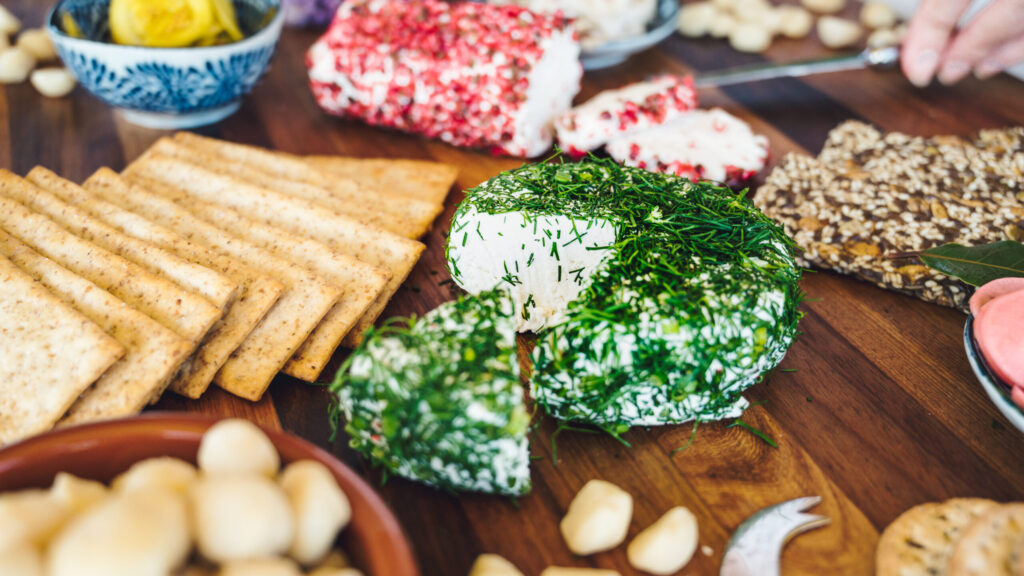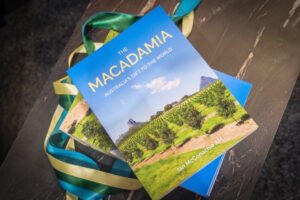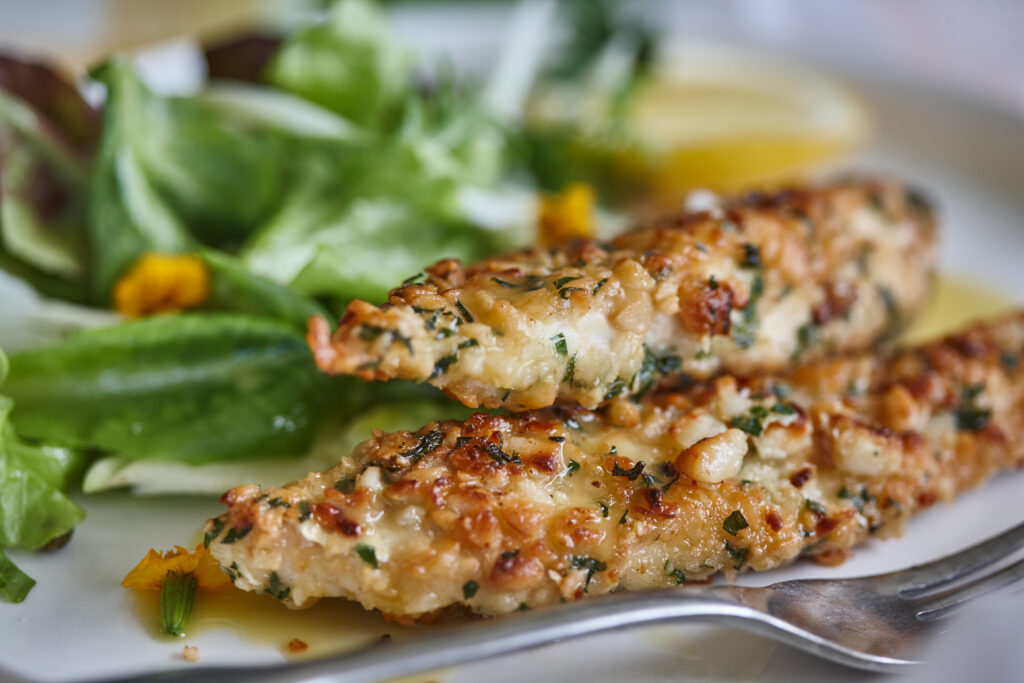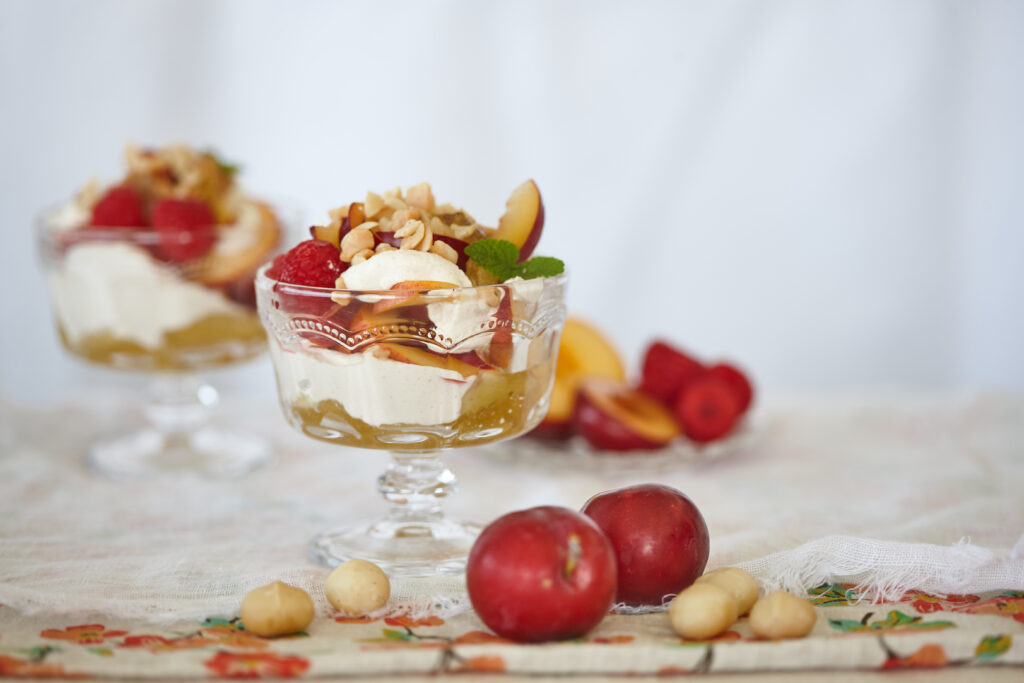Did you indulge a little over the Christmas period? If so, you might be feeling like you need to change the way you eat in January. But, be warned! There are a truly bamboozling number of diet-trends out there. To help you stay informed, we’ve put together this unbiased guide so you understand the differences between the various diet-related terms and can work out if a particular program will benefit you.
Please remember that you should always consult your health professional before embarking on a new diet or exercise plan to be sure it is safe for you to follow.
Vegetarian: A vegetarian diet involves cutting out meat. Vegetarianism has a long history and is generally regarded as a healthy way to eat – as long as you are eating plenty of fruits, vegetables, nuts (like macadamias), legumes and wholegrains.
Pescatarian: Pescatarians have a very similar diet to vegetarians, however they don’t exclude all meat. A pescatarian diet incorporates seafood.
Vegan: A vegan diet involves avoiding all animal products, including meat, dairy, eggs and honey. People often choose a vegan diet because of concerns for their own health or because of animal welfare concerns. Being high in nutrients and heart-healthy fats, macadamias can play an important role in a vegan diet.
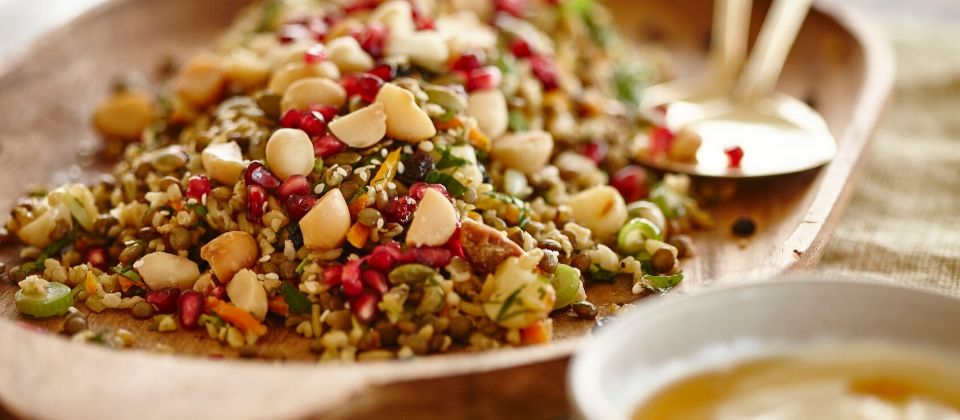
Plant-based: There is often confusion around this term. Some people use the term interchangeably with vegan. But others use it to mean eating in a way that puts plants at the base of every meal, and uses animal products as more of a garnish or flavouring ingredient.
Plant-forward: Because of the confusion around the term ‘plant-based’, many people use the term plant-forward to describe eating mostly plants with only a few supplementary animal products now and then. This way of eating is often adopted by people worried about the planet’s changing climate and natural resources.
Flexitarian: A conjunction of the terms ‘flexible vegetarian’, this diet is mostly vegetarian, but includes meat and fish every so often. This could also be described as a ‘plant-forward’ diet.
Low GI Diet: A low GI diet is often prescribed for diabetic and pre-diabetic people. The Glycemic Index (GI) is a measure of how fast a carbohydrate hits the bloodstream. Low GI foods are proven to be better for weight loss and weight management. Nuts like macadamias can be an important part of a low GI diet because they can help to lower the GI of other carbohydrate containing foods.

Mediterranean diet: Designed around the foods eaten in areas around the Mediterraen sea, a Mediterraen diet involves eating primarily plant-based products including vegetables, fruit, whole grains, legumes, nuts, seeds, herbs, spices and olive oil. However, a Mediterranean diet includes frequent fish and shellfish, as well as some red and processed meats, dairy products and simple sugars. There is plenty of research to back up the health benefits of a Mediterranean diet and it is known to be especially beneficial for our brains when it is enriched with extra nuts like macadamias.
5:2 Diet: The 5:2 diet describes an eating plan involving intermittent fasting where adherents fast by eating 500-800 calories a day for two days every week and a Mediterranean-style diet for the remaining five days.
Fast 800: This is an evolution of the 5:2 diet plan. Conceived around similar research, it involves eating 800 calories a day as a way to lose weight quickly, before adopting a 5:2 approach.
VB6: The VB6 (Vegan Before 6pm) diet was developed by food writer Mark Bittman. It involves eating a vegan diet before 6pm for the sake of human health and environmental sustainability. After 6pm, people on this diet are able to eat whatever they wish.
Low FODMAP: The Low FODMAP diet was designed by Monash University researchers specifically for people with Irritable Bowel Syndrome. Dieticians also prescribe it as an elimination diet. FODMAP is an acronym that stands for Fermentable Oligosaccharides, Disaccharides, Monosaccharides and Polyols which are types of carbohydrates. Macadamias are a good food for a low FODMAP diet.

CSIRO Total Wellbeing diet: Researchers at the CSIRO developed this high-protein diet and exercise plan as a way to promote health and combat obesity in the Australian population.
New Nordic Diet: The New Nordic diet is based on the foods eaten in Scandinavian countries. Similar to the Mediterranean diet, the New Nordic diet is high in whole grains, vegetables, legumes and nuts. Fish is an important part of this plant-forward diet, which also includes red meat, eggs and dairy as well as emphasising locally-sourced, seasonal ingredients.
Clean eating: This term generally describes a diet that avoids processed and refined foods as well as additives like preservatives or artificial flavourings. Clean eaters generally choose natural, wholefoods.
Whole30: This approach involves a variation of clean-eating for a month to kick start a healthier lifestyle. Adherents eat meat, seafood, eggs, fruits and vegetables, nuts, herbs, spices and seasonings, but avoid dairy, grains and legumes for 30 days straight.
Keto: The ketogenic diet is an ultra-low-carb, moderate-protein, high-fat eating regime. The idea behind the keto diet is about getting the body to use its fat stores as an energy source. The creamy flavour of macadamias is partly due to their high levels of good-for-you fats which play an important role in this type of diet.
Paleo: The paleo diet is designed to mimic what people think our pre-agricultural, hunter-gatherer ancestors would have eaten. As such, this diet avoids processed foods, sugar and artificial sweeteners, grains and legumes, most dairy products and vegetable oils. Macadamias have a long history as a nourishing food for the indigenous people of Australia so they fit well into this diet plan.
No matter which diet you choose, macadamias can be easily incorporated as a healthy, natural and delicious whole plant-food!




